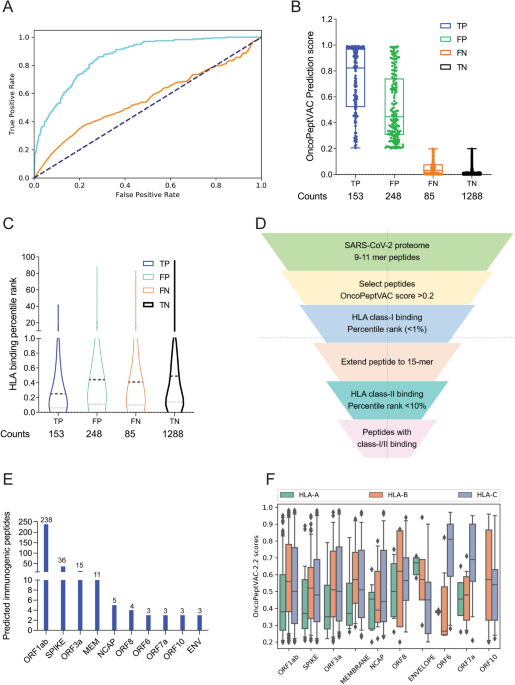
Shared B cell memory to coronaviruses and other pathogens varies in human age groups and tissues
It remains unclear whether B cell repertoires against coronaviruses and other pathogens differ between adults and children and how important these distinctions are. Yang et al. analyzed blood samples from young children and adults, as well as tissues from deceased organ donors, characterizing the B cell receptor (BCR) repertoires specific to six common pathogens and two viruses that they had not seen before: Ebola virus and severe acute respiratory syndrome coronavirus 2 (SARS-CoV-2). Children had higher frequencies of B cells with convergent BCR heavy chains against previously encountered pathogens and higher frequencies of class-switched convergent B cell clones against SARS-CoV-2 and related coronaviruses. These findings suggest that encounters with coronaviruses in early life may produce cross-reactive memory B cell populations that contribute to divergent COVID-19 susceptibilities.
Vaccination and infection promote the formation, tissue distribution, and clonal evolution of B cells, which encode humoral immune memory. We evaluated pediatric and adult blood and deceased adult organ donor tissues to determine convergent antigen-specific antibody genes of similar sequences shared between individuals. B cell memory varied for different pathogens. Polysaccharide antigen–specific clones were not exclusive to the spleen. Adults had higher clone frequencies and greater class switching in lymphoid tissues than blood, while pediatric blood had abundant class-switched convergent clones. Consistent with reported serology, prepandemic children had class-switched convergent clones to severe acute respiratory syndrome coronavirus 2 with weak cross-reactivity to other coronaviruses, while adult blood or tissues showed few such clones. These results highlight the prominence of early childhood B cell clonal expansions and cross-reactivity for future responses to novel pathogens.



















